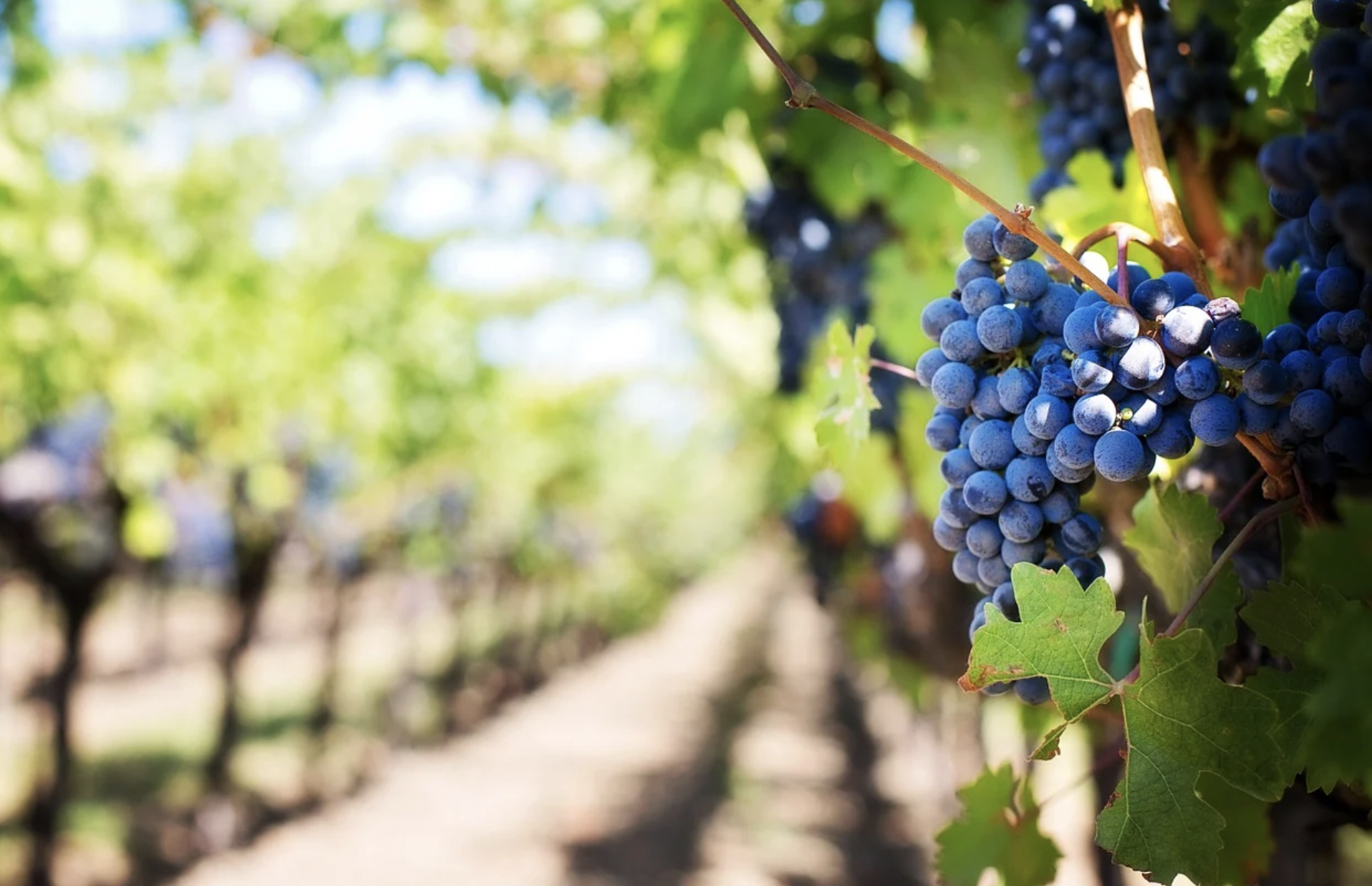We received bad news about grapes, too
The summer heat waves that hit Europe were not good for the grapes, and due to the historic drought, the harvest in the continent’s largest wine regions started on average three weeks earlier than in an average year. According to Hungarian producers, the domestic prospects are not very encouraging either – VG reports.

Came too early and turned out to be too small
On the unirrigated vines, the crop ripened much earlier, and in many places, the grapes are smaller than the average size, and the amount that can be harvested is also smaller than usual. At the same time, the destructive heat also had a positive effect: pests that prefer rainy, wet weather destroyed the plantations less than usual, reports Világgazdaság.
Drought was a bigger problem in France than in the wine regions of Spain, Italy and Portugal. The reason for this is that 10 percent of the vineyards there are irrigated. Experts recommend the breeding of new grape varieties that are better adapted to the challenges of climate change. Producers are now hoping that more rain will fall in autumn, because if the weather is permanently dry in spring, the capitals will dry out.
Related news
CBAM causes market disruption
🎧 Hallgasd a cikket: Lejátszás Szünet Folytatás Leállítás Nyelv: Auto…
Read more >Agricultural vocational training also places great emphasis on irrigation development
🎧 Hallgasd a cikket: Lejátszás Szünet Folytatás Leállítás Nyelv: Auto…
Read more >Related news
Nestlé to sell remaining ice-cream assets but commits to Froneri venture
🎧 Hallgasd a cikket: Lejátszás Szünet Folytatás Leállítás Nyelv: Auto…
Read more >40 secure jobs, sustainable solutions – new BURGER KING® in Csepel
🎧 Hallgasd a cikket: Lejátszás Szünet Folytatás Leállítás Nyelv: Auto…
Read more >







